 |
| National Assembly Deputy Nguyen Thi Viet Nga said that the recent mini apartment fire in Hanoi was a valuable lesson, and that the role of fire prevention inspection and acceptance agencies should be further enhanced. |
The recent fire that caused many casualties in a mini apartment building in a small alley in Khuong Ha, Thanh Xuan, Hanoi has once again raised concerns about the safety of this type of housing project. The World and Vietnam Newspaper had an interview with National Assembly Deputy Nguyen Thi Viet Nga, member of the National Assembly's Culture and Education Committee, about the issue of safety in apartment buildings from a policy perspective.
As a National Assembly member, what is your view on the safety issue in mini apartments today?
Firstly, mini apartments are not a concept in the current Construction Law and Housing Law. Because they do not exist, we do not have a legal framework or official standards for this type of house.
It can be said that this is a form of "circumvention of the law" by investors. Even the authorities and functional agencies where the mini apartment complex that just caught fire admitted that the investor initially applied for a construction permit with the purpose of building a private house, and then during the construction process, he "turned" the private house into a mini apartment.
It should be added that, before the 2014 Housing Law was issued, the concept of mini apartments existed in Appendix A of the National Technical Regulation QCVN 3/2013/BXD on classification of construction works issued by the Ministry of Construction with Circular 12 dated December 28, 2012. However, after the 2014 Housing Law was issued, the concept of mini apartments was no longer mentioned. Previous housing regulations that had regulations on mini apartments were also abolished. Due to the lack of a legal corridor, the management of mini apartments still has many shortcomings.
The most prominent issue is security, order, and fire safety. Because investors have circumvented the law to build, build illegally, without permits. Therefore, it is very difficult to assess technical conditions and safety standards. When there is no assessment, safety risks are not pointed out, not fixed, leading to heartbreaking stories.
According to you, what is the lesson from the recent apartment fire?
The lesson we have talked about a lot after each fire, especially fires in civil works (private houses, shops, apartments, mini apartments). That is the need to strictly comply with the requirements of technical standards and safety standards in the process of designing and constructing works.
If these regulations are strictly followed, the possibility of fire and explosion is very low. And when unfortunately it happens, the fire will be quickly extinguished thanks to the required fire prevention and explosion equipment, minimizing damage to people and property.
Secondly, the issue of fire prevention awareness of the people also needs to be raised a lot. Too many fires are caused by human carelessness. If each individual has a constant awareness of prevention, I am sure that a significant part of the fires will be reduced.
It can be seen that there have been many fires caused by human awareness such as smoking in prohibited places (gas stations, warehouses of flammable materials), careless construction, not ensuring safety (welding in places with flammable materials), not turning off electrical equipment after use (iron, hair dryer, induction cooker, electric stove...).
Another lesson is that each individual needs to raise awareness of the potential risks of fire and explosion. Not every source of fire can cause a fire. Many times fires occur due to the "naive" awareness of some people. Because of incorrect awareness, they do not fully comply with the safety requirements recommended by the manufacturers of electrical equipment.
For example, not buying standard batteries and chargers for phones, electric bicycles, and electric motorbikes (because they are more expensive) but using cheap, unknown devices. Deliberately "modifying" or "modifying" electrical devices into machines and engines without knowing it has a very high risk of causing fire or explosion.
When a fire or explosion accident occurs, what we have to pay is not only a large amount of assets much larger than the money to buy equipment that meets technical standards, but also human lives, even the lives of many people - the most priceless asset that no amount of money can exchange.
Finally, the lesson on fire and emergency escape skills is a personal skill that everyone needs to know by heart. There are people who escaped the danger of the recent fire thanks to their own skills.
The problem now is to further strengthen the management of construction agencies?
The role of construction management agencies and fire prevention inspection and acceptance agencies is very important. This has been mentioned many times. All of our fire prevention regulations and standards are quite complete and very clear.
So, the remaining problem is that the implementation is not strict enough, so the situation of "an elephant passing through the eye of a needle" still occurs. Therefore, I think it is necessary to emphasize many times the role of local authorities and management agencies.
It is necessary to clarify responsibilities and have serious forms of handling in cases of deliberately "ignoring" violations and overlooking shortcomings. Just a little bit of respect or negligence in performing public duties can cost a very high price. Like the recent fire, the number of people who died, just talking about the number of 56 people, is enough to show how heartbreaking it is.
In addition, inspection, examination and supervision also need to be further strengthened to promptly handle violations and request corrections. Otherwise, the story of tragic fire and explosion accidents will have to be told year after year.
Many fire prevention solutions have been proposed, but how they are implemented is still a matter of great concern. What about this story from a policy perspective?
From a policy and institutional perspective, I see that the regulations on fire prevention and fighting, construction, and housing are relatively complete. The National Assembly is commenting on draft laws on Land, Housing, Real Estate Business, etc., all of which are directly related to the issues we are discussing.
Any practical difficulties or problems will be reviewed for appropriate adjustment and amendment. Therefore, I believe that when these laws are enacted, the legal framework will be improved to better manage housing, especially urban housing.
Over the past 10 years, mini apartments have developed strongly in Hanoi and Ho Chi Minh City. This is still the type of housing that many low-income people choose. So what is the way out, in your opinion?
There is no denying the fact that mini apartments are currently a "savior" for many low-income people who need housing, especially in large cities where land is scarce, population is high, and housing prices are often too high compared to the average income of most workers.
I think there are two things that need to be done soon. The first is to pay special attention to developing social housing, worker housing, and student housing (dormitories, student villages).
We need to review carefully so that we can carry out practical projects (in reality, many student housing projects and student villages cannot attract students to live there because the rent is still high and there are many unreasonable points: traffic routes, infrastructure, cultural and sports facilities, ancillary services...).
In addition, continue to improve the legal framework in the process of amending the above laws, especially the Housing Law, to remove current bottlenecks.
Thank you, National Assembly Delegate!
Source



![[Photo] Prime Minister Pham Minh Chinh chairs a special Government meeting on the arrangement of administrative units at all levels.](https://vphoto.vietnam.vn/thumb/1200x675/vietnam/resource/IMAGE/2025/5/9/6a22e6a997424870abfb39817bb9bb6c)
![[Photo] Russian military power on display at parade celebrating 80 years of victory over fascism](https://vphoto.vietnam.vn/thumb/1200x675/vietnam/resource/IMAGE/2025/5/9/ce054c3a71b74b1da3be310973aebcfd)
![[Photo] Magical moment of double five-colored clouds on Ba Den mountain on the day of the Buddha's relic procession](https://vphoto.vietnam.vn/thumb/1200x675/vietnam/resource/IMAGE/2025/5/9/7a710556965c413397f9e38ac9708d2f)
![[Photo] General Secretary To Lam and international leaders attend the parade celebrating the 80th anniversary of the victory over fascism in Russia](https://vphoto.vietnam.vn/thumb/1200x675/vietnam/resource/IMAGE/2025/5/9/4ec77ed7629a45c79d6e8aa952f20dd3)



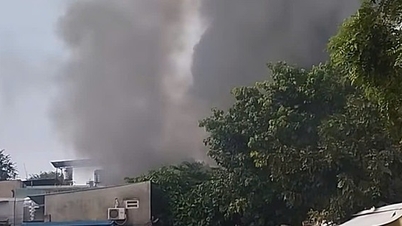



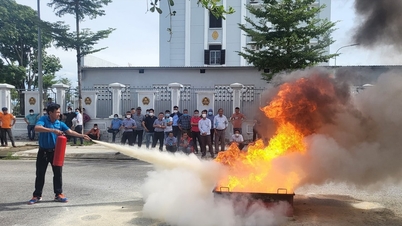

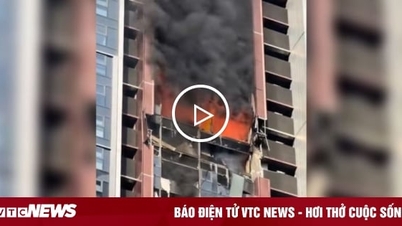

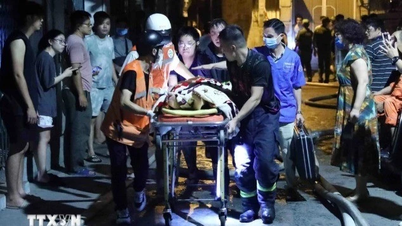





![[Photo] Specialized school students show off their talents at the Dance Festival](https://vphoto.vietnam.vn/thumb/402x226/vietnam/resource/IMAGE/2025/5/9/5ee98081a3284b04a02b7f2a097cf121)
























































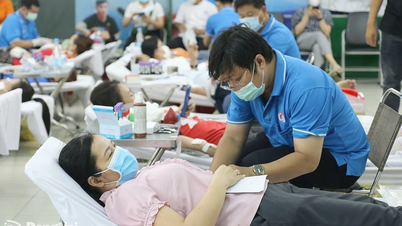

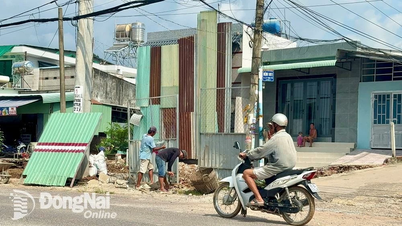













Comment (0)